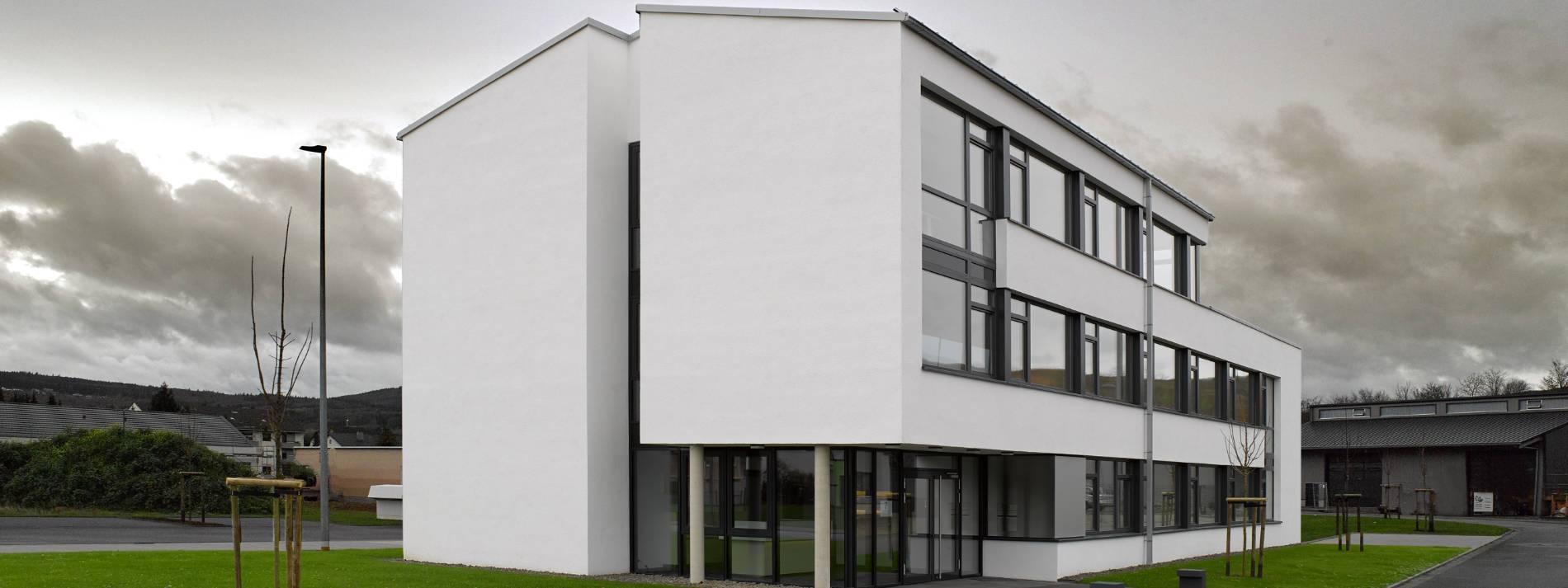Solutions for Precision Timing Problem
The US Defense Advanced Research Projects Agency (DARPA) has announced a new programme – Robust Optical Clock Network, or ROCkN – which will seek to produce a portable atomic clock, as well as other technologies to assist military users to synchronise equipment in GPS-denied environments.
Many high-technology tools used by militaries require access to highly precise timing signals – correct to billionths or even trillionths of a second – to ensure data are passed accurately within and between devices, subsystems and systems. In many cases, this precision timing is provided by navigation satellites, such as the US GPS constellation. But the signals from these satellites are low-powered and broadcast a great distance from the receiver, so are highly susceptible to deliberate or accidental jamming and interference. One solution to this problem could be the use of a portable, deployable atomic clock – technology usually only available today in laboratories, and in physically large devices.
“The goal is to transition optical atomic clocks from elaborate laboratory configurations to small and robust versions that can operate outside the lab,” said Tatjana Curcic, Program Manager in DARPA’s Defense Sciences Office. “If we’re successful, these optical clocks would provide a 100x increase in precision, or decrease in timing error, over existing microwave atomic clocks, and demonstrate improved holdover of nanosecond timing precision from a few hours to a month. This program could create many of the critical technologies, components, and demonstrations leading to a potential future networked clock architecture.”
DARPA acknowledges that one of the trade-offs likely required by the low size, weight and power-consumption goals the programme has set will be a lower level of accuracy of the deployable clock than that achievable from non-portable equipment. The project is split into two technical areas – the development of a robust, portable atomic clock, and the development of a larger clock of higher performance that is still transportable.
The programme will run for four years, split into two two-year phases. In the first phase, companies working in either or both of the two technical areas will “develop a physics package to demonstrate the technology,” the agency says. In the second phase, developers will be expected to come up with fully operational clocks. A demonstration will take place at the end of the programme.
Interested parties are being invited to attend a virtual Proposers Day on 3 February, while a Broad Agency Announcement containing full programme details will be published in the coming weeks.

























